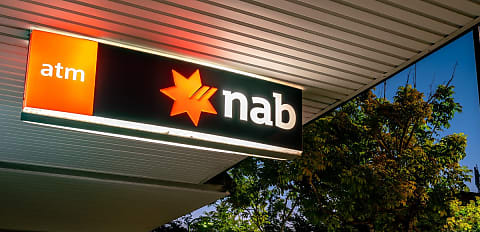According to NAB, more than 42,000 no-interest loans were issued over the past year by the major bank and charity organisation Good Shepherd, representing an increase of 19 per cent.
The major bank has found that the number of families using these no-interest loan (NIL) programs has overtaken individual use in order to meet expenses in the past 12 months.
These loans are used to support families and individuals to purchase basic living essentials such as fridges and other appliances, medical bills, cars, and computers with customers only repaying the amount borrowed in small, regular payments.
NAB has partnered with the organisation in order to provide these loans with no interest or fees to Australians on low incomes, people with healthcare or pension cards, or those who have experienced domestic and family violence over the last decade.
The loans are designed for individuals who earn less than $70,000 (before tax) and $100,000 for families.
The major bank stated that one in two low-income earners said they would consider a NIL to help manage costs and an increase of 33 per cent in the number of employed people seeking NILs.
Furthermore, more than $68 million NILS were issued to Australians, up from $57 million (between the periods of May 2022 and April 2023 and May 2023 and April 2024), with the majority of loans being issued to 35–39-year-olds.
Executive for sustainability at NAB, Jessica Forrest, said NILs were a “safe and simple option” for people in need of more support to alleviate cost-of-living pressures.
“Families who have never had to ask for financial help before are now seeking no interest loans, often to help pay for unexpected costs or cover the cost of replacing an appliance that has suddenly stopped working,” Forrest said.
“For some, meeting the increases in their everyday expenses like rent and groceries has meant there is no longer an emergency fund available to cover the unexpected costs that arise.
“Payday lenders and other short-term unregulated creditors prey on people when they are in financial trouble, promising quick-fix solutions which often create more long-term debt and stress.”
NAB flagged at the beginning of 2024 that it was expecting over $640,000 of NILs for back-to-school and education expenses to be issued in February 2024.
[RELATED: No-interest-loans requests expected to rise: NAB]

